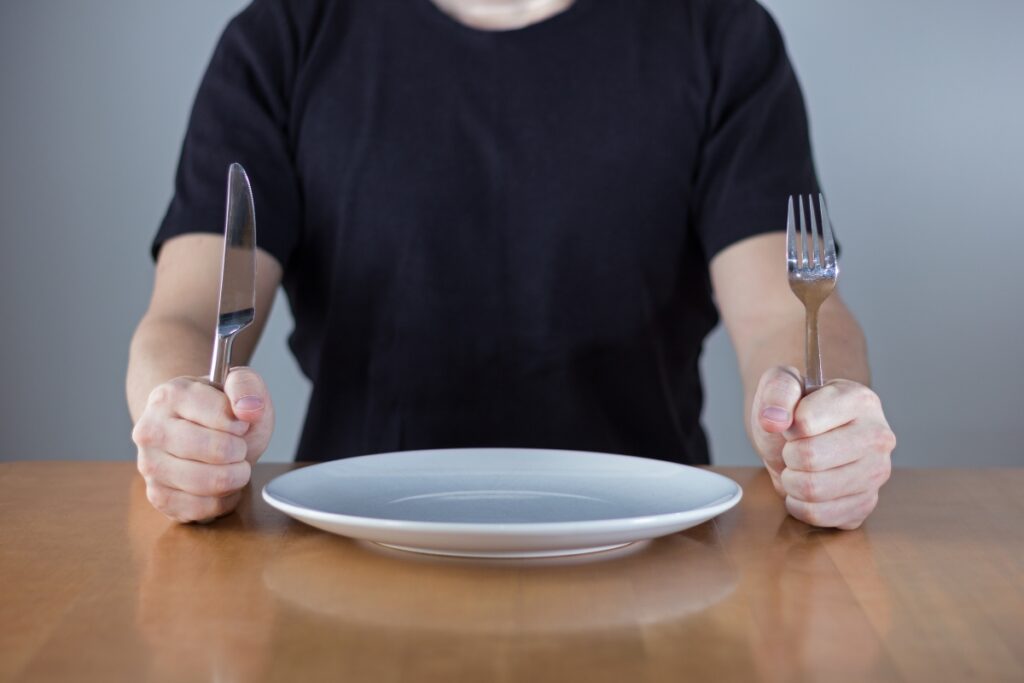Fasting has been practiced for centuries for various reasons, including religious, spiritual, and health purposes. During a fast, individuals abstain from consuming food or certain types of food for a specific period of time. One common question that arises when it comes to fasting is whether it is recommended to drink water while fasting. In this comprehensive guide, we will explore the importance of water during fasting, the potential benefits and risks, and provide practical tips for drinking water while fasting.
Understanding Fasting:
Fasting is the intentional abstinence from food and, in some cases, beverages for a defined period of time. It has been practiced by different cultures and religions throughout history. Fasting can range from a few hours to several days or even weeks, depending on the purpose and individual preference. Common types of fasting include intermittent fasting, water fasting, and juice fasting.
Importance of Water:
Water is an essential component for maintaining overall health and well-being. It plays a crucial role in various bodily functions, including digestion, circulation, temperature regulation, and waste elimination. During fasting, the body goes without food, and water becomes even more critical to maintain hydration and support vital bodily processes.
Benefits of Drinking Water While Fasting:
- Hydration: Fasting can lead to increased water loss through breath, sweat, and urine. Drinking an adequate amount of water helps prevent dehydration and ensures the body functions optimally.
- Appetite Suppression: Drinking water can help suppress appetite and reduce hunger pangs, making it easier to adhere to a fasting regimen.
- Detoxification: Water aids in the elimination of toxins from the body through urine and sweat. During fasting, the body may undergo a process of detoxification, and proper hydration supports this process.
- Energy and Mental Clarity: Staying hydrated with water can help maintain energy levels and mental clarity, which may be beneficial during fasting when energy resources are limited.
Risks and Considerations:
- Overhydration: While staying hydrated is crucial, it’s important to avoid excessive water consumption. Overhydration can lead to a condition called hyponatremia, where the body’s sodium levels become dangerously low.
- Electrolyte Imbalance: Fasting without consuming food can disrupt the balance of electrolytes in the body. It’s essential to maintain electrolyte levels by incorporating mineral-rich fluids or supplements, especially during prolonged fasting periods.
- Medications and Medical Conditions: Some medications or medical conditions may require adjustments in fluid intake during fasting. It’s important to consult with a healthcare professional before altering fluid intake if you have specific medical needs.
Tips for Drinking Water While Fasting:
- Start the day with water: Begin each fasting day by drinking a glass of water to jumpstart hydration.
- Spread water intake throughout the day: Instead of consuming large amounts of water at once, sip water consistently throughout the day to maintain hydration levels.
- Monitor urine color: Check the color of your urine as a hydration indicator. Pale yellow or clear urine suggests good hydration, while dark yellow urine indicates dehydration.
- Include electrolytes: Consider adding electrolytes to your water, such as a pinch of sea salt or a few drops of lemon juice, to maintain electrolyte balance.
- Listen to your body: Pay attention to your body’s signals and drink water when you feel thirsty. Thirst is a natural indicator that your body needs hydration.
- Avoid sugary drinks: Stick to plain water or infused water and avoid sugary beverages, as they may break the fast and have negative health effects.
In conclusion, drinking water while fasting is highly recommended to maintain hydration, support bodily functions, and enhance the fasting experience. Water provides numerous benefits during fasting, including appetite suppression, detoxification, and mental clarity. However, it’s essential to strike a balance and avoid overhydration while being mindful of electrolyte levels. Following the tips provided can help ensure proper water intake during fasting. As with any dietary practice, it’s advisable to consult with a healthcare professional before embarking on a fasting regimen, especially if you have specific medical conditions or take medications.
Monika Wassermann is a doctor and a freelance writer based in the UK who lives with her cat Buddy. She writes across several verticals, including life, health, sex and love, relationships and fitness. Her three great loves are Victorian novels, Lebanese cuisine, and vintage markets. When she’s not writing, you can find her trying to meditate more, weightlifting, or wandering around in town.
[email protected]
- Sip, Savor, and Sparkle: Exploring the Delights of Melo’s THC Beverages - April 23, 2024
- Exploring Baby Botox with Dr. Laura Geige” - April 2, 2024
- Lip Fillers, Botox, Dermal Fillers, Anti-Wrinkle Injections in Balham SW12 - March 22, 2024











